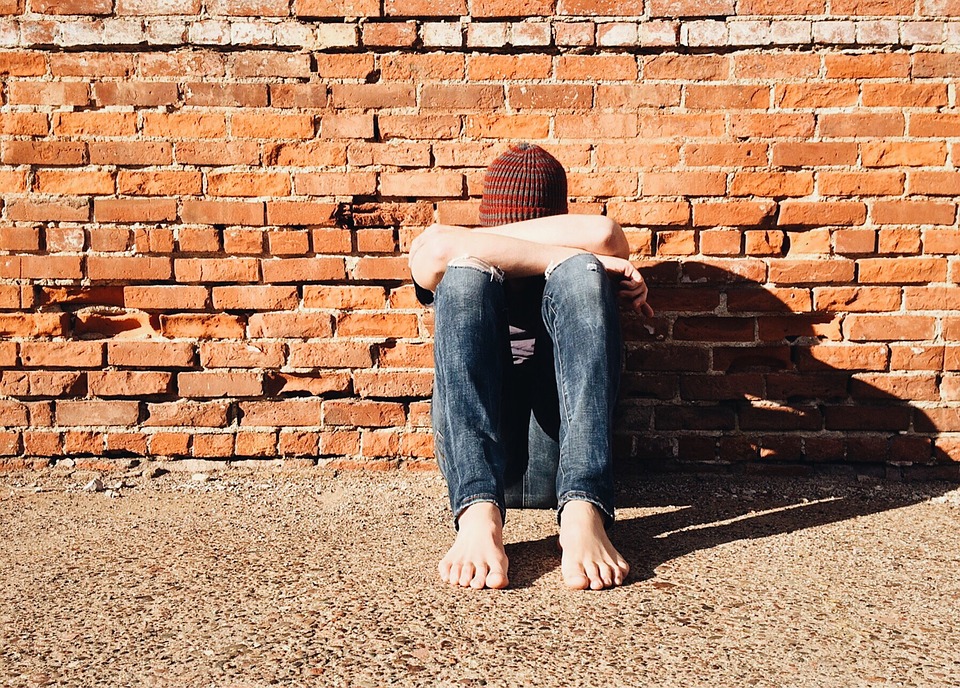Many disasters are unavoidable. But even though you can’t stop them from happening, you can become disaster-ready in order to mitigate their effects. After a calamity, you need to be ready to rebuild. Recovering from a disaster is a gradual and often painstaking process. In addition to property damages, there may be lingering mental and physical repercussions for family members. Recovery will move faster if you seek assistance from professionals in the government and private sector.
Recovering from the physical aftermath of a catastrophe is costly and hard, but it can be even more difficult to bounce back from the psychological strain. The psychological impact depends on several factors, including age and previous experience with disaster. The impact might also be deeper if a victim has already experienced a great deal of stress in their life. The confluence of different factors can affect the way a person responds to a calamity.
A person who is psychologically bludgeoned by a disaster cannot recover without help. Family members who have fared better in the wake of the emergency should help others along. They can lead out by showing strength and compassion. They can encourage loved ones to talk about their feelings rather than suffering in silence.
It’s also important to create a semblance of normalcy. Family members should seek to return to their old routines as quickly as possible. They should resume familiar family traditions and patterns, even if they are staying in an evacuation center or hotel. Routine can bring a feeling of comfort and stability.
Cleaning up disaster debris will hasten the recovery of those who have suffered emotionally. Otherwise, the leftover clutter can be a grim reminder of traumatic experiences.
Disaster cleanup is a major undertaking that could jeopardize family members’ safety. If your family has been affected by a catastrophe, don’t risk further injuries. Leave the cleanup to the professionals, such as Utah clean up specialists.

